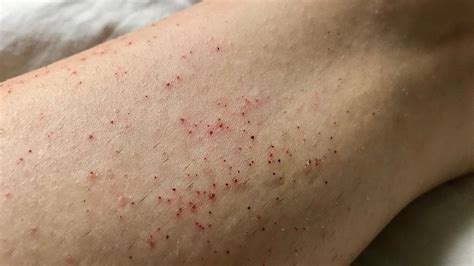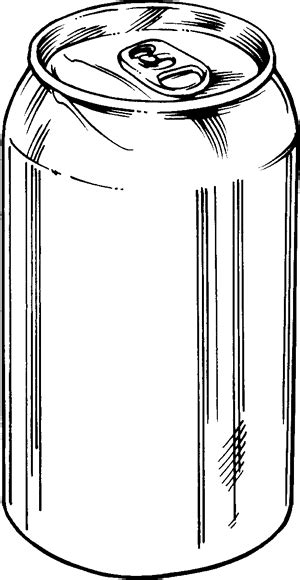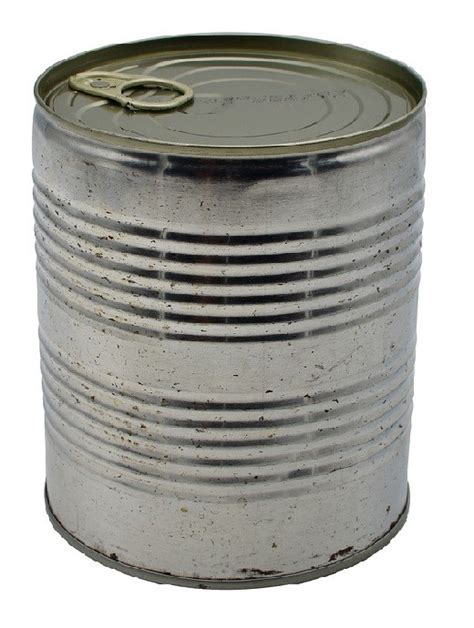Which nutrients boost testosterone & enhance male vitality?
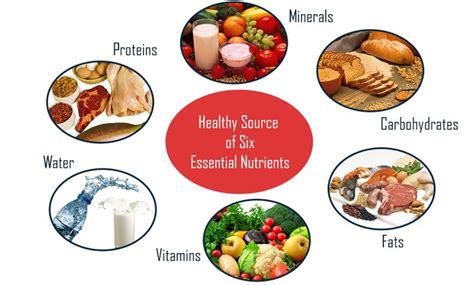
For men, maintaining optimal testosterone levels and robust vitality is crucial for everything from energy and mood to muscle mass and sexual health. While various factors influence these aspects, nutrition stands out as a foundational pillar. A targeted intake of specific nutrients can play a significant role in supporting hormone production and overall male well-being.

Key Vitamins for Testosterone and Vitality
Vitamin D: The Sunshine Vitamin
Often referred to as a pro-hormone, Vitamin D is vital for numerous bodily functions, including bone health, immune function, and importantly, testosterone production. Studies have shown a correlation between adequate Vitamin D levels and higher testosterone. Sun exposure is the primary source, but dietary intake from fatty fish (salmon, mackerel), fortified dairy, and supplements can help maintain optimal levels.
B Vitamins: Energy and Hormone Regulation
The B-vitamin complex, particularly B6, B9 (folate), and B12, plays a critical role in energy metabolism and hormone synthesis. Vitamin B6, for instance, is involved in regulating androgen production and has been linked to improved testosterone levels. These vitamins are abundant in whole grains, lean meats, eggs, and leafy green vegetables.
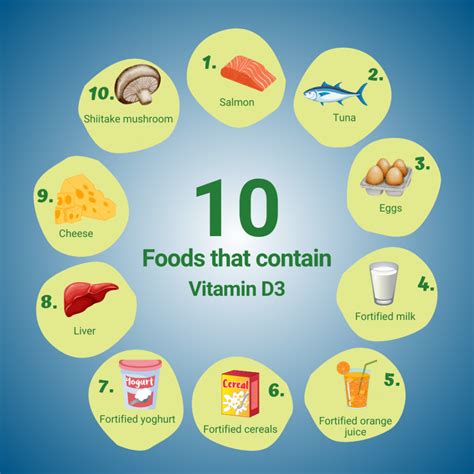
Essential Minerals for Male Hormonal Health
Zinc: A Testosterone Powerhouse
Zinc is perhaps one of the most well-known minerals for its direct impact on testosterone. It’s involved in over 300 enzymatic reactions in the body, including those that regulate male hormone levels. Even a mild zinc deficiency can lead to a significant drop in testosterone. Excellent sources include red meat, shellfish (especially oysters), pumpkin seeds, and legumes.
Magnesium: Muscle and Hormone Support
Magnesium is another crucial mineral that contributes to healthy testosterone levels by reducing the binding of testosterone to sex hormone-binding globulin (SHBG), thus increasing free, bioavailable testosterone. It also aids in muscle function, nerve transmission, and reducing stress, which can indirectly impact hormone balance. Leafy greens, nuts, seeds, and dark chocolate are rich in magnesium.
Selenium: Antioxidant and Reproductive Health
While often overlooked, selenium is an essential trace mineral with powerful antioxidant properties. It plays a role in male reproductive health and sperm quality, and some research suggests it may indirectly support testosterone by protecting cells from oxidative stress. Brazil nuts, seafood, and organ meats are good sources.
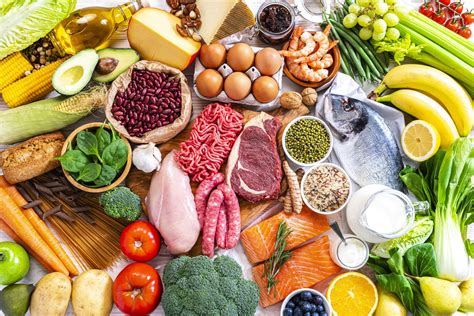
Other Beneficial Compounds and Dietary Strategies
Omega-3 Fatty Acids: Inflammation and Cell Health
Found abundantly in fatty fish, flaxseeds, and walnuts, Omega-3 fatty acids are known for their anti-inflammatory properties and their role in cell membrane health. Healthy cell membranes are crucial for proper hormone signaling. Reduced inflammation can also create a more favorable environment for hormone production.
Herbal Allies: Fenugreek, Ashwagandha, and D-Aspartic Acid
Several natural compounds have gained attention for their potential testosterone-boosting effects. Fenugreek extract has been shown in some studies to improve libido and testosterone levels. Ashwagandha, an adaptogenic herb, can help lower cortisol (a stress hormone that can suppress testosterone) and has been linked to increased testosterone. D-Aspartic Acid (DAA) is an amino acid that may play a role in regulating testosterone synthesis, though research results are mixed.
Holistic Dietary Approach
Beyond individual nutrients, adopting a balanced, whole-food diet is paramount. Prioritize lean proteins, complex carbohydrates, healthy fats, and a wide array of fruits and vegetables. Avoid excessive sugar, processed foods, and unhealthy fats, as these can contribute to inflammation and metabolic imbalances that negatively impact hormone health.
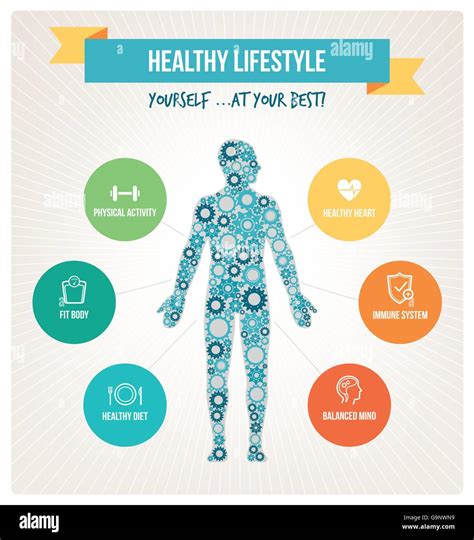
Beyond Nutrition: Lifestyle Factors
While nutrition is a cornerstone, it’s part of a larger picture. Adequate sleep (7-9 hours), regular strength training and high-intensity interval training (HIIT), and effective stress management techniques (like meditation or yoga) all profoundly influence testosterone levels and overall male vitality. Limiting alcohol consumption and avoiding endocrine-disrupting chemicals found in plastics and personal care products can also contribute significantly.

Conclusion
Boosting testosterone and enhancing male vitality is a multifaceted endeavor, with nutrition playing a central and powerful role. By strategically incorporating key vitamins like D and B complex, essential minerals such as zinc and magnesium, and beneficial compounds like omega-3s and select herbs, men can naturally support their hormonal health. Combining these nutritional strategies with a healthy lifestyle—including exercise, quality sleep, and stress reduction—creates the most robust pathway to improved energy, strength, and overall well-being. Always consult with a healthcare professional before making significant dietary changes or starting new supplements.
